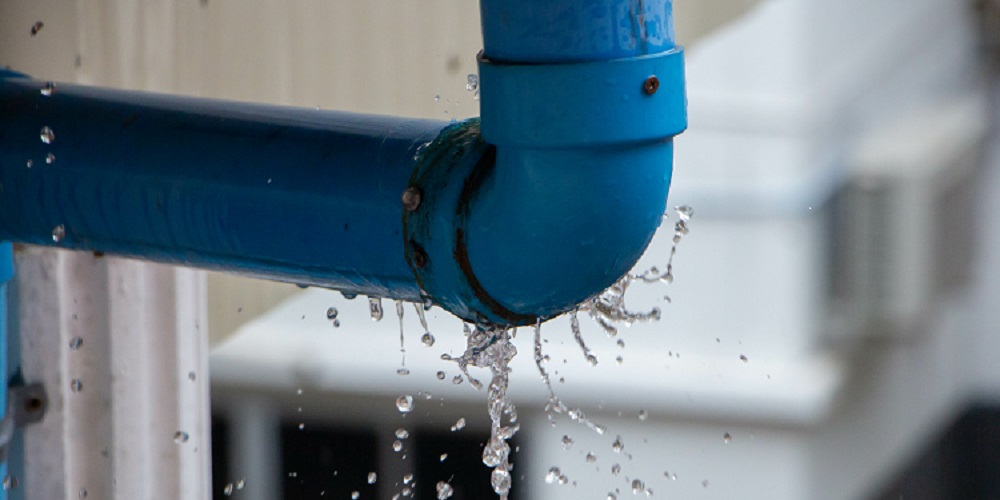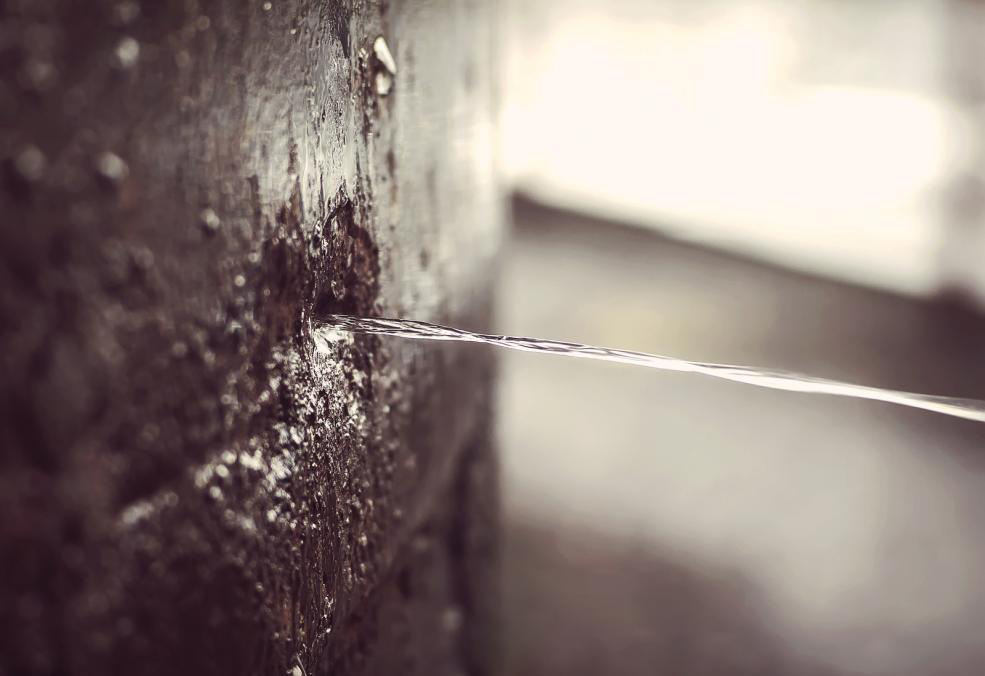6 Effective Methods to Spot Covert Water Line Leaks Stealthily
6 Effective Methods to Spot Covert Water Line Leaks Stealthily
Blog Article
This post in the next paragraphs in relation to Detecting hidden plumbing leaks is particularly intriguing. Read on and draw your own conclusions.

Early discovery of dripping water lines can mitigate a possible disaster. Besides conserving you money, it will minimize the aggravation as well as irritation. The minute you locate a leakage, calling your plumber for repairs is the best service. Some little water leakages might not be visible. If you can not find it with your naked eyes, below are some hacks that assist.
1. Check Out the Water Meter
Inspecting it is a proven way that assists you uncover leakages. If it relocates, that indicates a fast-moving leak. This implies you may have a slow leak that might also be below ground.
2. Check Water Usage
If you spot sudden modifications, regardless of your usage being the very same, it implies that you have leakages in your plumbing system. An abrupt spike in your bill shows a fast-moving leakage.
Meanwhile, a consistent rise every month, even with the same practices, shows you have a slow-moving leak that's also slowly rising. Call a plumber to extensively inspect your building, specifically if you feel a cozy location on your flooring with piping below.
3. Do a Food Coloring Examination
When it concerns water consumption, 30% originates from commodes. Test to see if they are running properly. Decline specks of food color in the container as well as wait 10 mins. There's a leakage in between the tank and also dish if the color somehow infiltrates your dish throughout that time without flushing.
4. Asses Outside Lines
Don't neglect to check your outside water lines also. Should water permeate out of the connection, you have a loosened rubber gasket. One small leak can squander heaps of water as well as surge your water bill.
5. Analyze the circumstance and also inspect
Home owners ought to make it a routine to examine under the sink counters and also inside closets for any kind of bad odor or mold growth. These 2 warnings show a leakage so prompt attention is needed. Doing routine assessments, also bi-annually, can conserve you from a significant problem.
More notably, if you understand your house is already old, maintain a watchful eye on your heating units, hoses, pipelines etc. Look for discolorations and also deteriorating as most pipelines and also appliances have a life expectancy. They will likewise normally degrade because of tear as well as wear. Don't wait for it to rise if you presume dripping water lines in your plumbing system. Call an expert plumber right now so you do not wind up with an awful mess in your house.
Early detection of leaking water lines can mitigate a possible calamity. Some little water leaks may not be visible. Examining it is a proven means that assists you discover leakages. One tiny leakage can squander bunches of water and also surge your water costs.
If you think dripping water lines in your plumbing system, don't wait for it to rise.
The Dangers of Undetected Water Leaks
Mold
One of the most common results of undetected water leaks in your home is mold. Under the right conditions, mold can begin to grow and spread in just a day or two.
Moisture from water leaks combined with humidity and lack of ventilation allow mold spores to germinate and start spreading.
And while household mold doesn’t carry the same health risks as substances like asbestos, they can cause allergic reactions in people sensitive to them or with asthma.
Structural Damage
When water leaks occur in places we can’t see — above the ceiling, behind walls or beneath floors — they often have time to do some serious damage before making themselves known.
You might notice cracks or bubbles appear in your walls or a slow drip or water from the ceiling.
These are signs of water leaks and buildups in the structure of your home. If you don’t jump on these problems soon enough, the wood frame that supports your house could start rotting, leading to costly repairs and increasing the risk of disasters like ceiling or wall collapses.
Water Waste
According to the Alliance for Water Efficiency, the average home can lose anywhere from 2,000 to 20,000 gallons of water per year due to leaks.
High numbers like that might make you imagine a burst pipe spewing out water. But believe it or not, even a small, constant drip from a kitchen sink could add up to over a thousand gallons of wasted water in a single year.
And if you live in a place where you pay for every gallon of water you use, that adds up to a lot of dollars down the drain. So we understand leaks are bad. Let’s take a look at some of the common (and not-so- common) water leaks you might find around your home.
Flush Valve Flapper
The flush valve flapper is a rubber flap that sits above the flush valve at the bottom of the tank. It’s attached to the flusher with a chain. Over time, it can get worn out and lose its seal, causing an endless flow of water into the toilet bowl.
These leaks are hard to detect since they’re usually silent, but there’s a little insider trick you can use with just a little dye or food coloring:
Put a few drops in the toilet tank. Check the water in your toilet bowl 15 minutes later. If any of the color made it into the toilet bowl, you’ll know what the culprit is.
Fill Valve
The fill valve is what replenishes your toilet’s tank water after you flush. If you’ve ever looked inside your toilet tank and seen water gushing out of an upright plastic valve, that’s a faulty fill valve.
https://meetflo.com/blogs/flo/how-to-find-and-repair-water-leaks-a-comprehensive-guide

I was made aware of that article on Hacks to detect leaks through a good friend on our other web address. Sharing is caring. One never knows, you may very well be doing someone a favor. We cherish reading our article about Top leak detection hacks.
Book Inspection Report this page